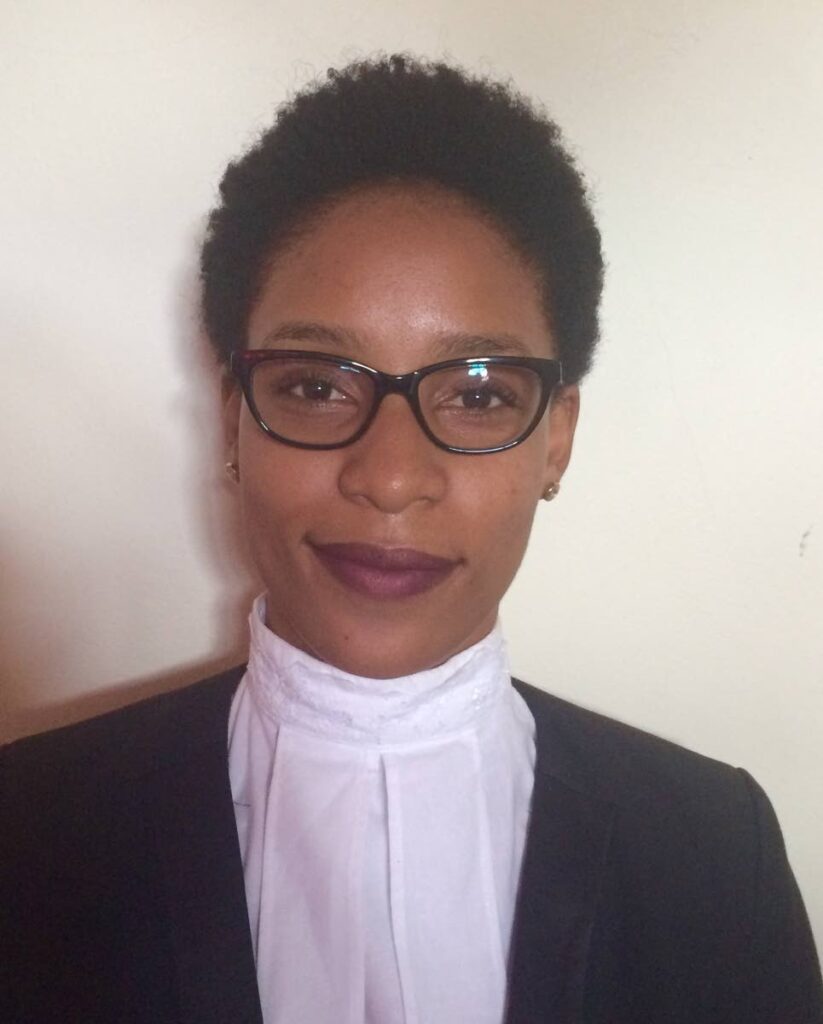Less talking, more listening

Kanisa George
WORDS ARE our fiercest ally. They propel us into greatness and grant us access to the most peculiar social experiment we’ll ever be a part of – life. Whether your word is your bond or you rely on it to showcase your uniqueness, we will be nothing without the power of words and speech.
I for one am powerless without speech, for even this piece would carry no weight without the magic of artfully weaving meaningful words together.
Yet, even if through our words we hold infinite power, it can sometimes be difficult to harness and control. There are countless situations where, no matter how much we desire to use our superpower, it might not be what is needed. For all those garrulous, expressive individuals like myself, sometimes the real superpower isn’t how well we can convey our thoughts, but being mindful of those situations when our words have reached those that require a completely different source of power – the ability to listen.
As a young adult, I never really understood the importance of being still. After all, speech has always been my way of connecting with the world outside my head. But the more I learnt about myself and the importance of connecting with the world around me, the more I realised that allowing myself moments of stillness to listen and observe the world might benefit my relationship with others and the one I share with myself.
Listening is the cornerstone of a healthy, interactive, and emotionally satisfying relationship, so why do we practise it so little?
Most of us (myself included) are so caught up in wanting to be heard that we often fail to prioritise any voice but our own. But if we all crave to be seen and heard, why do we not offer the same to others?
As one researcher puts it, listening engages both your brain and mind intensely. In other words, it requires both attention and intention. Listening involves simultaneously activating many cognitive skills, like auditory reception, information processing, and short-term memory. But most of all, focused attention. Are we truly paying attention when others are sharing with us?
We are so distracted by the need to stay connected that we often cannot switch off and offer ourselves freely. One researcher believes that interpersonal relations will continue to suffer considerably if we aren’t intentional about allotting sacred time for open and honest sharing by setting boundaries around devices and multitasking.
Listening in a manner that fosters deep connection requires us to approach our interactions with curiosity, suspending our agendas and making space to connect. Studies support this position by highlighting that those who listen with a sense of curiosity and open-mindedness in an intimate partner relationship tend to have more successful relationships than those who don’t.
Sadly, we often do the opposite. Our desire to be constantly heard makes us advocates for listening only to await our turn to speak. Instead of being open-minded and curious about what the other person is saying, we only pause to mentally prepare for how we will respond based on how it relates to us. This can be a very self-centred approach. We don't allow ourselves to grow in our interactions if we listen to respond instead of listening to understand.
One study conducted by Faye Doell (2003) found of the two types of listening in relationships, “listen to understand” and “listen to respond,” those who “listen to understand” had greater satisfaction in their interpersonal relationships than the latter.
When we listen to understand we tell the speaker we care about what they say and fully internalise their perspective.
Freelance writer Jane Appleby wrote that mindful listening cultivates an atmosphere of care and psychological safety in relationships. And I couldn’t agree more.
Partners feel comfortable expressing their innermost hopes, fears, and dreams when their partner practises deep listening, and this vulnerability cements bonding and intimacy.
Our desire to be heard isn’t the only impediment that keeps us from listening. The nature of modern-day realities requires most of us to be constantly on the go. Our minds are busy with a myriad of tasks, endless social media drivel, and the happenings in the world, making it almost impossible to remain still and listen to what our bodies, minds, and inner selves are saying to us.
We struggle to listen to ourselves.
Similar to our interactions with others, we listen to move on to the next task instead of paying attention to what our inner thoughts and body are really saying. In the same way, active listening plays a crucial role in cultivating care and safety in relationships; listening to yourself creates a sense of positivity and self-love that can only be achieved if you take the time to switch off. You may not always like what you learn, but at least you’ll have the tools to internalise and push forward positively.
So, when next you find yourself impressed by your words, or your inner voice is being stifled by life around you, pause, be still, and listen.

Comments
"Less talking, more listening"